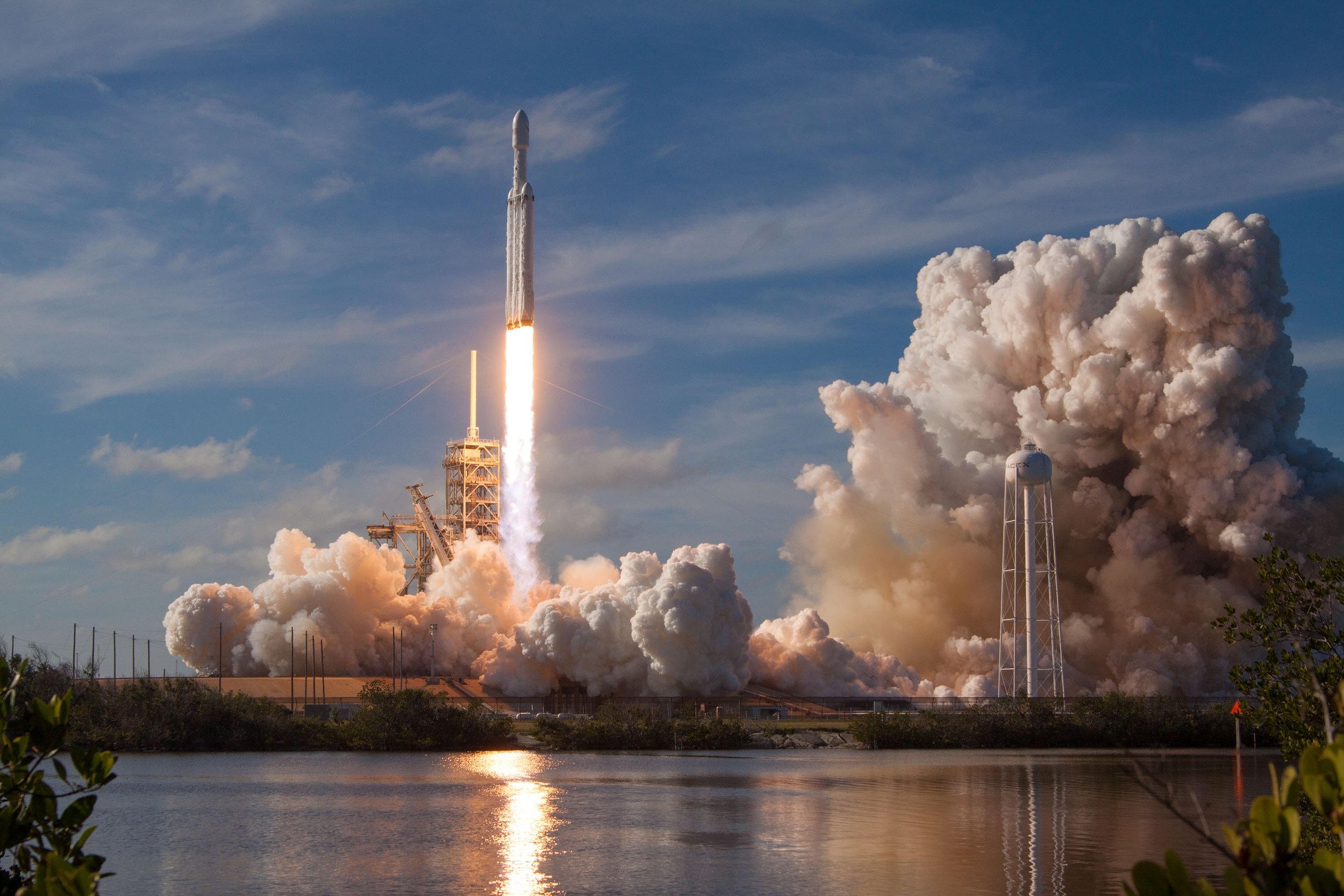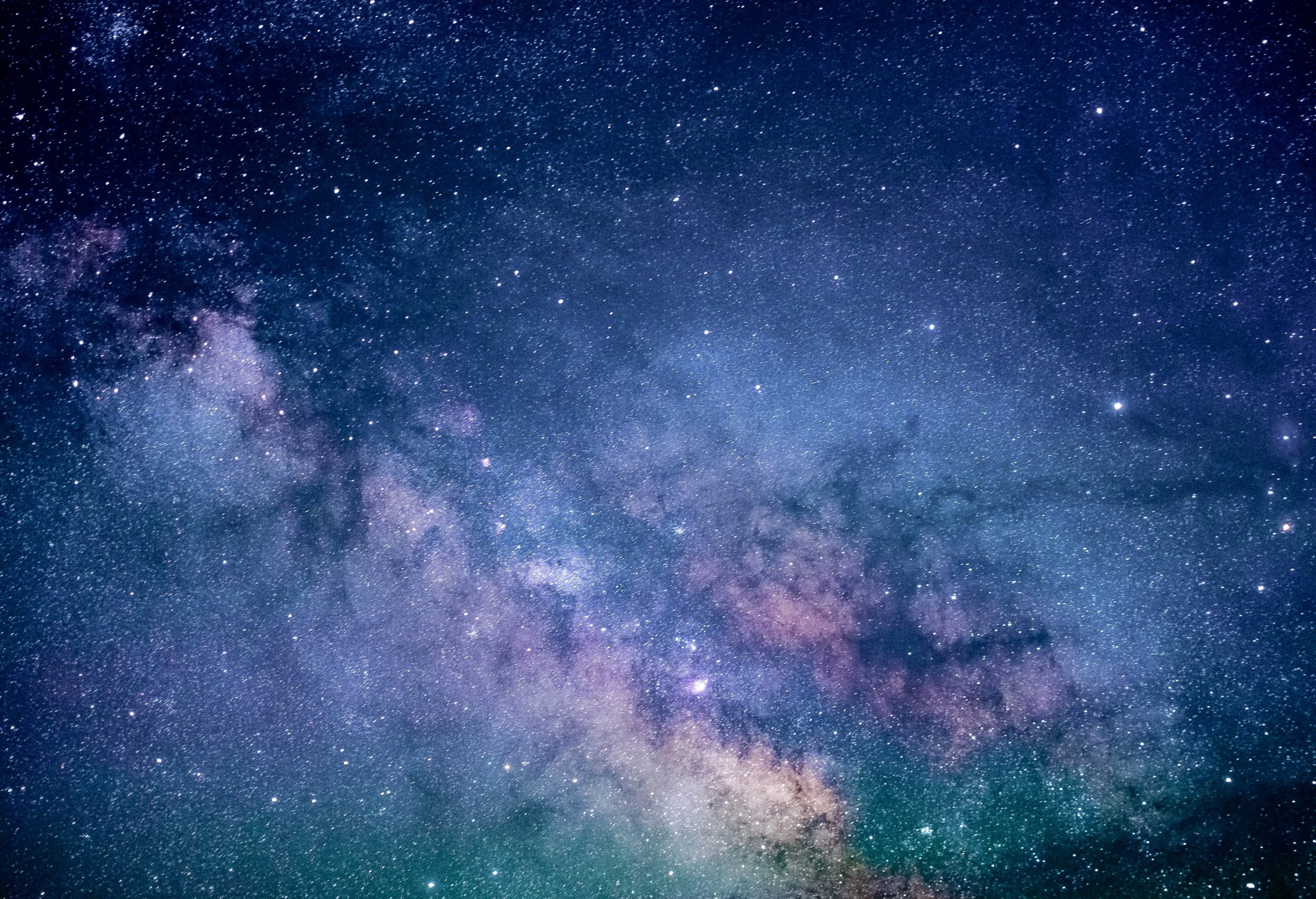Even astronauts need probiotics
Even astronauts need probiotics
In 1961, Yuri Gargarin became the first human to leave Earth. Since then, over 450 intrepid people have travelled into space, but so far only those on Apollo missions have ventured beyond the first 500 km of the low-Earth orbit. Spaceflight of any kind presents unique stresses, from high G forces, increased radiation and microgravity to sleep deprivation and nutritional complications. All these can alter the immune system, leading to compromised defences against infections and other immune-related health issues.
While 450 people isn’t a large enough sample size to draw concrete conclusions, it’s clear that spaceflight has profound immunosuppressive effects on humans and animals. As we celebrate the 50th anniversary of the first moon landing this year, discussions on conquering the final frontier continue. Space X is a thing, Virgin Galactic is a thing, there are plans for an outpost on the lunar surface and plans in place for 18-month missions to Mars. If all these stressors from spaceflight can affect astronauts on comparatively simple missions, extended journeys will multiply the hazards they face.
Low-Earth orbit has a protective measure for humans planet-side and in space: the Earth’s magnetic field deflects a significant amount of radiation, but beyond the Van Allen radiation belt, where charged particles are trapped in this magnetic field, astronauts are exposed to solar and cosmic radiation. The effects of this radiation on the immune system are unknown, but they’re hardly the only concern for our adventurous brethren. A mission to Mars and back would take a minimum of 520 days and see the crew journey around 360 million kilometres from home—520 days experiencing microgravity, confinement, stress from high expectations and risk of equipment failure, and microgravity-induced changes such as alterations in body fluid distribution. All these could influence their immune system.
Confinement is the most obvious: stick however many people in a small space and they’ll share microorganisms. Plus, a rocket ship is a closed environment where water, air, food and waste are recycled—breeding grounds for pathogens. According to a paper published in the Journal of Leukocyte Biology, ‘analysis of medical events among astronauts aboard the Mir space station, over a period from March 1995 to June 1998, revealed a significant number of episodes of microbial infections, including conjunctivitis and acute respiratory and dental infections.’ Naturally, crew members are the sources of most of the bacteria involved and multiple studies show humans exchange intestinal flora during prolonged contact. ‘A total of 234 species of bacteria and microscopic fungi were identified in the Mir environment,’ says the paper, and if these bacteria can survive the extreme conditions of spaceflight, they pose a considerable risk of contaminating not just the crew onboard, but also wherever they may land. Consider this: reactivation of herpes viruses has been observed during spaceflight.
Studies have demonstrated a key role for microgravity in microbial physiology: ‘bacteria can proliferate more readily in space, which suggests that this environment is better able to initiate growth that could lead to contamination, colonisation, and infection.’ Even though air purifiers, disinfectants and cleaners keep spacecraft cleaner than the average home on Earth, there are still plenty of bacteria surviving—most of which are resistant to antibiotics. Some of these bacteria are E.coli and Klebsiella pneumoniae…
But if these bad bacteria can thrive, maybe good bacteria can too.
Probiotics are live microorganisms which aid digestion and improve overall health. There’s plenty of data to suggest certain strains of probiotic can influence and improve immune function here on Earth, and evidence is emerging to show some strains can live in outer space too. Writing in Acta Astronautica, scientists from the NASA Johnson Space Center reported that Lactobacillus acidophilus ATCC 4356 behaved just the same under low gravity conditions as it does on Earth.
While no fermented foods or probiotic products are currently included in an astronaut’s food because of the strict microbiological controls and lack of refrigeration on a spacecraft, this doesn’t mean probiotics couldn’t be introduced, especially as immune system suppression is a serious concern if we want to go further than we have before.
One study has already investigated the use of a Lactobacillus casei strain in capsule form for astronauts on the International Space Station and found that the probiotics survived for one month; an encouraging start but most astronauts stay on the ISS for about six months.
Enter the Astronaut Microbiome project, a large study currently underway studying the microbiome of astronauts on the ISS. During Skylab space missions, microbial diversity in the gastrointestinal tract went down: there are likely several reasons for this including nearly sterile meals and heavily filtered water and air. Maintaining a healthy and diverse microbiome on Earth is simple: you take in microbes when you breathe, eat, shower, hug and touch your face. Your microbiome is constantly being replenished, but up in space, you only have the same air and the same few people, meaning the same microbes are rotated around. There’s nothing new: and that lack of diversity is detrimental to health.
A probiotic supplement would be a great solution. They’re easy to use, easy to store and the evidence we have so far points to them being stable enough to survive even the most arduous space journey. Next time you take a probiotic in any form, look skywards and know you’re basically an astronaut too.












Why doesn’t the human body crave the nutrients in fruits and vegetables, preferring instead to demand sugar and fat in unhealthy quantities?